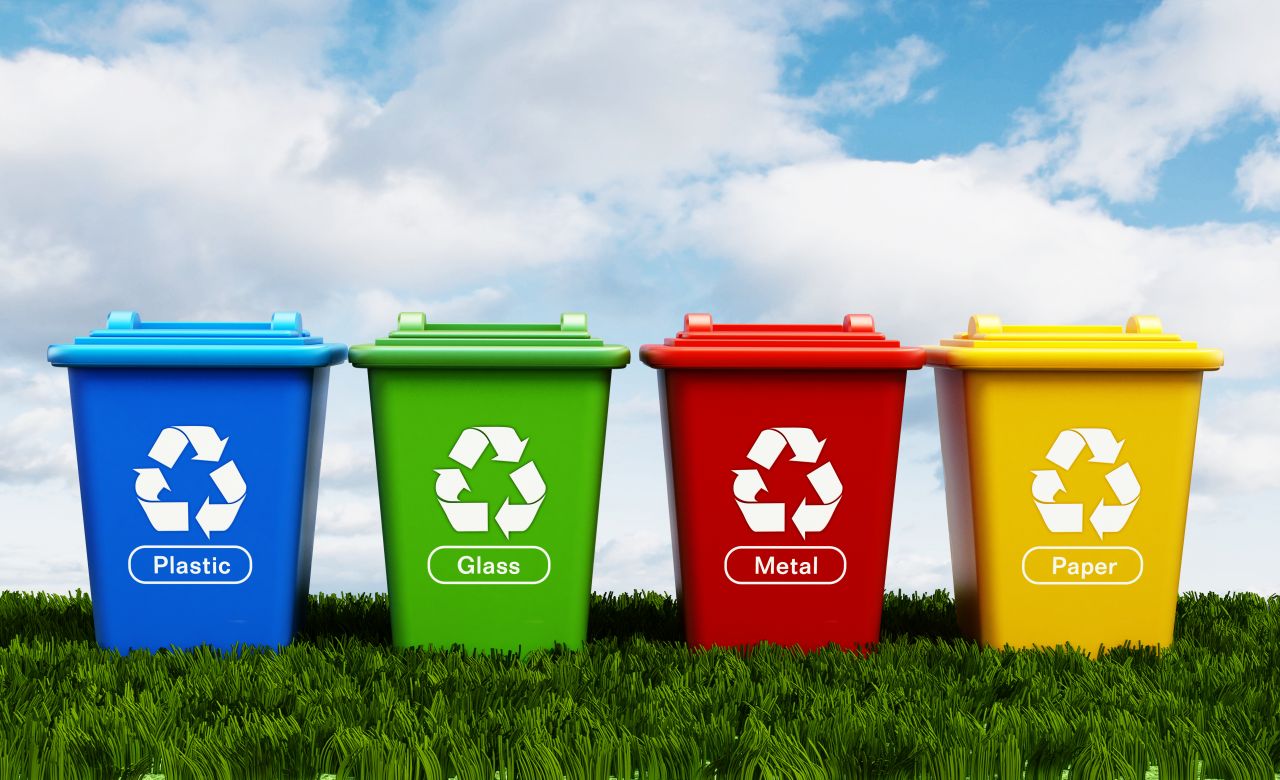Introduction
Waste management is a crucial aspect of modern society. It ensures the proper handling, recycling, and disposal of waste materials, protecting both the environment and public health. For students pursuing higher education, especially in environmental science or public administration, writing a dissertation on waste management offers an opportunity to address pressing global issues. This guide will provide a comprehensive list of dissertation topics on waste management, categorized to simplify your research process. It will also include tips for writing and resources for free topic briefs.
List of Best Topics for Waste Management Dissertations
Nuclear waste disposal methods
- Evaluating the Long-Term Safety of Deep Geological Repositories for Nuclear Waste Storage
- Advanced Containment Technologies for High-Level Radioactive Waste
- The Role of International Regulation in Standardizing Nuclear Waste Disposal Methods
- Risk Assessment of Nuclear Waste Transportation and Storage Facilities
- Public Perception and Policy Challenges in the Implementation of Nuclear Waste Disposal Projects
Environmental impact of waste disposal
- Analyzing the Ecological Footprint of Landfilling Versus Incineration Techniques
- Impact of Improper Waste Disposal on Soil and Groundwater Contamination in Urban Areas
- The Role of Waste Management Practices in Biodiversity Loss and Ecosystem Disruption
- Quantitative Assessment of Greenhouse Gas Emissions from Waste Disposal Sites
- Waste Disposal and Its Contribution to Marine Pollution: A Global Perspective
Additional topics under waste management
- Innovative Waste-to-Energy Technologies and Their Environmental Implications
- The Role of Artificial Intelligence in Optimizing Urban Waste Collection Systems
- Comparative Study of Rural and Urban Waste Management Strategies
- Assessing the Impact of Waste Reduction Campaigns on Consumer Behavior
- Smart Bin Systems and Their Role in Enhancing Municipal Waste Management Efficiency
Campus waste management
- Developing Zero-Waste Strategies in University Campuses: A Case Study Approach
- Impact of Student Awareness Campaigns on Waste Segregation in Educational Institutions
- Analyzing the Effectiveness of Composting Programs in Reducing Campus Organic Waste
- Design and Implementation of Smart Recycling Systems in Higher Education Settings
- Energy Recovery and Waste Minimization Practices in College Dining Halls
Composting and organic waste management
- Evaluating the Role of Composting in Urban Sustainable Waste Management Systems
- The Efficiency of Vermicomposting in Converting Food Waste to Fertilizer
- Policy Frameworks Supporting Community-Based Composting Initiatives
- Analyzing the Environmental Benefits of Decentralized Organic Waste Composting Units
- Comparative Study of Aerobic and Anaerobic Composting Processes in Organic Waste Treatment
Disposal of electronic waste
- The Global Supply Chain of E-Waste: Challenges and Regulatory Gaps
- Health and Environmental Risks Associated with Informal E-Waste Recycling in Developing Countries
- Role of Extended Producer Responsibility in Managing Electronic Waste
- Assessment of Urban E-Waste Collection Infrastructure and Public Awareness
- Technological Innovations in the Safe Recovery of Valuable Metals from E-Waste
Effective waste management steps
- Developing Integrated Waste Management Systems for Urban Sustainability
- Policy Recommendations for Enhancing Public Participation in Waste Segregation
- Steps to Transition Municipal Waste Systems to Circular Economy Models
- The Role of Government and NGOs in Implementing Effective Waste Reduction Programs
- Data-Driven Approaches to Optimize Waste Collection and Sorting Logistics
Food waste management importance
- Impact of Food Waste on Climate Change and Sustainable Development Goals
- Implementing Technology Solutions to Reduce Food Waste in the Supply Chain
- Public Policy and Legislation Driving Food Waste Reduction in Retail and Hospitality Sectors
- Consumer Behavior and Awareness Campaigns in Reducing Household Food Waste
- Food Waste as a Resource: Anaerobic Digestion and Biogas Generation
Global waste management challenges
- Addressing Waste Management Inequality Between Developed and Developing Nations
- Globalization and Its Effects on Transboundary Waste Movement and Regulation
- Policy and Infrastructure Gaps Hindering Effective Waste Management in Megacities
- The Role of International Agreements in Tackling Marine Plastic Waste
- Financial and Technological Barriers to Implementing Circular Waste Economies Worldwide
Increased efficiency of recycling
- Technological Innovations in Automated Sorting Systems for Improved Recycling Rates
- Designing Recyclable Products: Industry Approaches and Policy Support
- Assessing the Role of Deposit Return Schemes in Boosting Recycling Efficiency
- Public Education Campaigns and Their Impact on Household Recycling Compliance
- Improving the Economic Viability of Recycling Through Market-Based Incentives
List of Related Posts
- 99+ Top Talent Management Dissertation Topics for 2025
- 99+ Top Strategic Management Dissertation Topics for 2025
- 99+ Top Retail Management Dissertation Topics for 2025
- 99+ Top Project Management Dissertation Topics for 2025
- 99+ Top Portfolio Management Dissertation Topics for 2025
- 99+ Top Operations Management Dissertation Topics for 2025
- 99 Oil and Gas Management Dissertation Topics in 2025
- 99+ Innovation Management Dissertation Topics in 2025
- 99+ Hospitality Management Dissertation Topics in 2025
- 99+ Leadership and Management Dissertation Topics in 2025
- 99 Disaster Management Dissertation Topics in 2025
- 99+ Marketing Management Dissertation Topics in 2025
- 99+ Event Management Dissertation Topics 2025
- 99+ Best Change Management Dissertation Topics for 2025
- 99+ Asset Management Dissertation Topics Ideas for 2025
- 99+ Public Administration Dissertation Topics for 2025
- 99+Best Housing Dissertation Topics Ideas For 2025
- 99+Best Waste Management Dissertation Topics Ideas For 2025
- 99+ Risk Management Dissertation Topics in 2025
- 199+Best Management Dissertation Topics and Ideas For 2025






